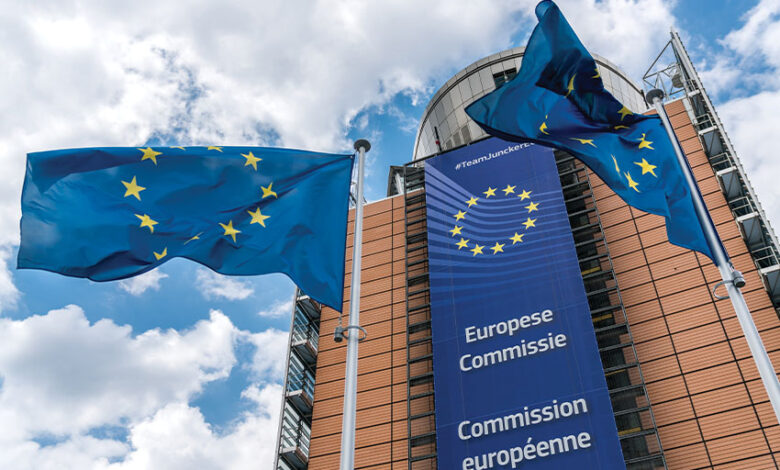2024 European Commission Work Programme

Ahead of elections to the European Parliament in June 2024, which will likely culminate in a new composition of European politics, the European Commission has released its work programme for 2024.
With a change at commission level likely due to the elections, the European Commission states that it will introduce a long-term EU budget with the objective of addressing the EU’s “most imminent needs”.
In what may be her final State of the Union speech, Commission President Ursula von der Leyen outlined that expansion of the EU, and continuing to aid Ukraine, is a priority for the EU.
Therefore, the 2024 work programme states that there is to be a targeted increase in EU spending to deepen EU support for Ukraine, finance action on migration, bolster the EU’s capacity to respond to heightened economic and geopolitical instabilities, humanitarian crises and natural disasters, and boost investments in strategic technologies with the aim of fostering long-term competitiveness.
Another objective for the Commission, which may face challenges if there is to be a different political composition post-election, is reducing administrative burdens to maintain the competitiveness of European businesses.
That is why the Commission is to reduce reporting requirements by 25 per cent, although it insists that this measure will not undermine wider policy objectives. “This will rationalise and streamline such requirements, which have a disproportionate impact on businesses, including SMEs and micro-companies, and administrations, and ensure they fulfil their intended purpose,” the work programme states.
European Commission decision-makers have warned that the projected decline of green politics in the upcoming elections, with green parties votes in many member states expected to decline, will mean that there is a need for green policies such as the European Green Deal to be entrenched through legislation.
The Commission Work Programme states that the EU continue efforts to ensure that the green transition is done in a “just, smart and inclusive way, leaving nobody and nowhere behind, while also engaging actively with our third country partners including to strengthen green growth”. To this end, the Commission will initiate a series of green dialogues in order to fully and directly engage with citizens, as well as clean transition dialogues with industry and social partners.
In parallel, the Commission states that it will continue preparatory work for the implementation of the future Social Climate Fund which, together with the Just Transition Fund, aims to provide support to support vulnerable citizens, businesses, and regions in the transition.
The Commission will also launch a strategic dialogue on the future of agriculture in the EU, further engaging with farmers, stakeholders in the food chain and citizens, with the objective of achieving a transition towards sustainable food systems and getting buy-in from the agricultural sector to the climate transition.





